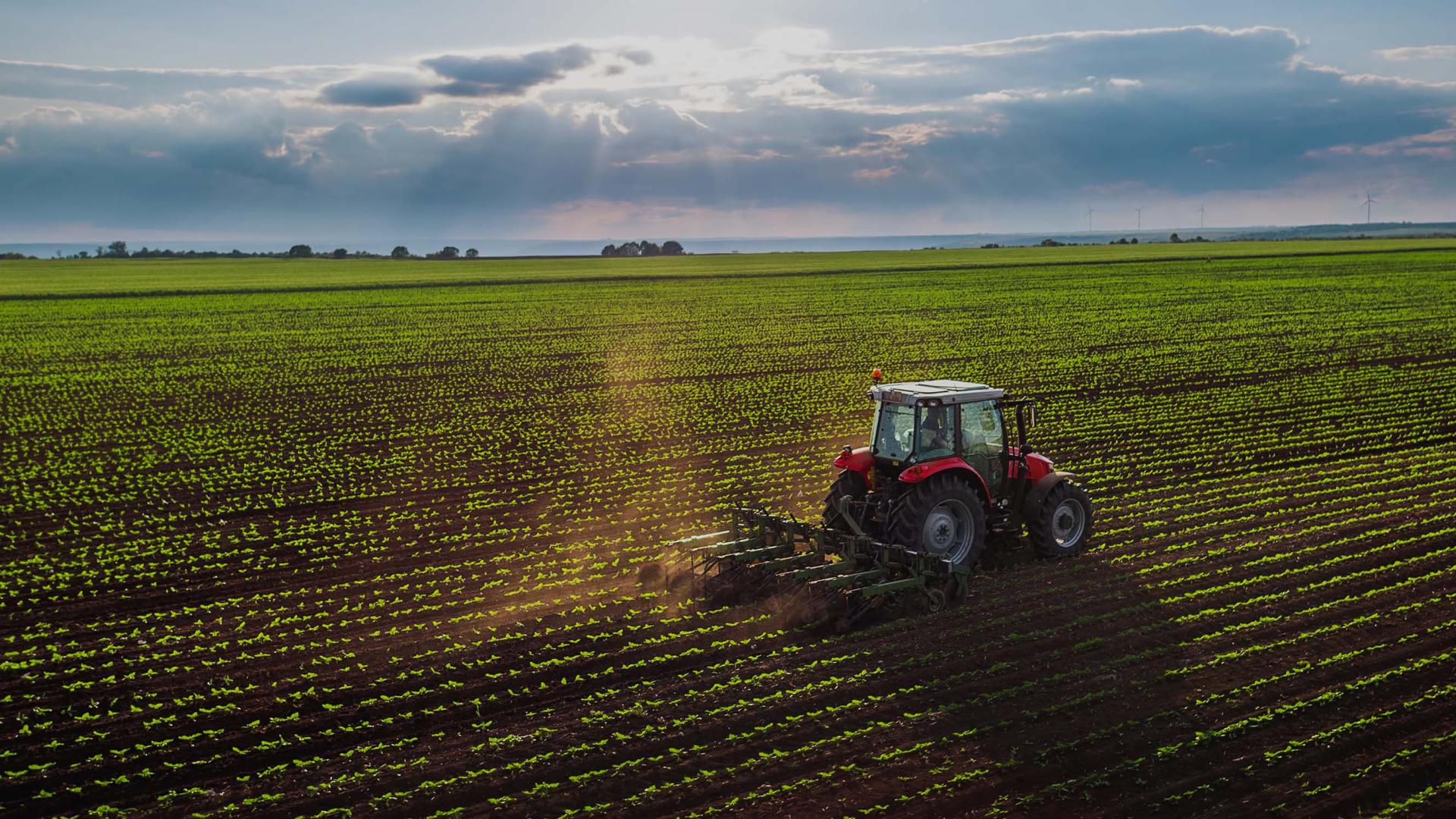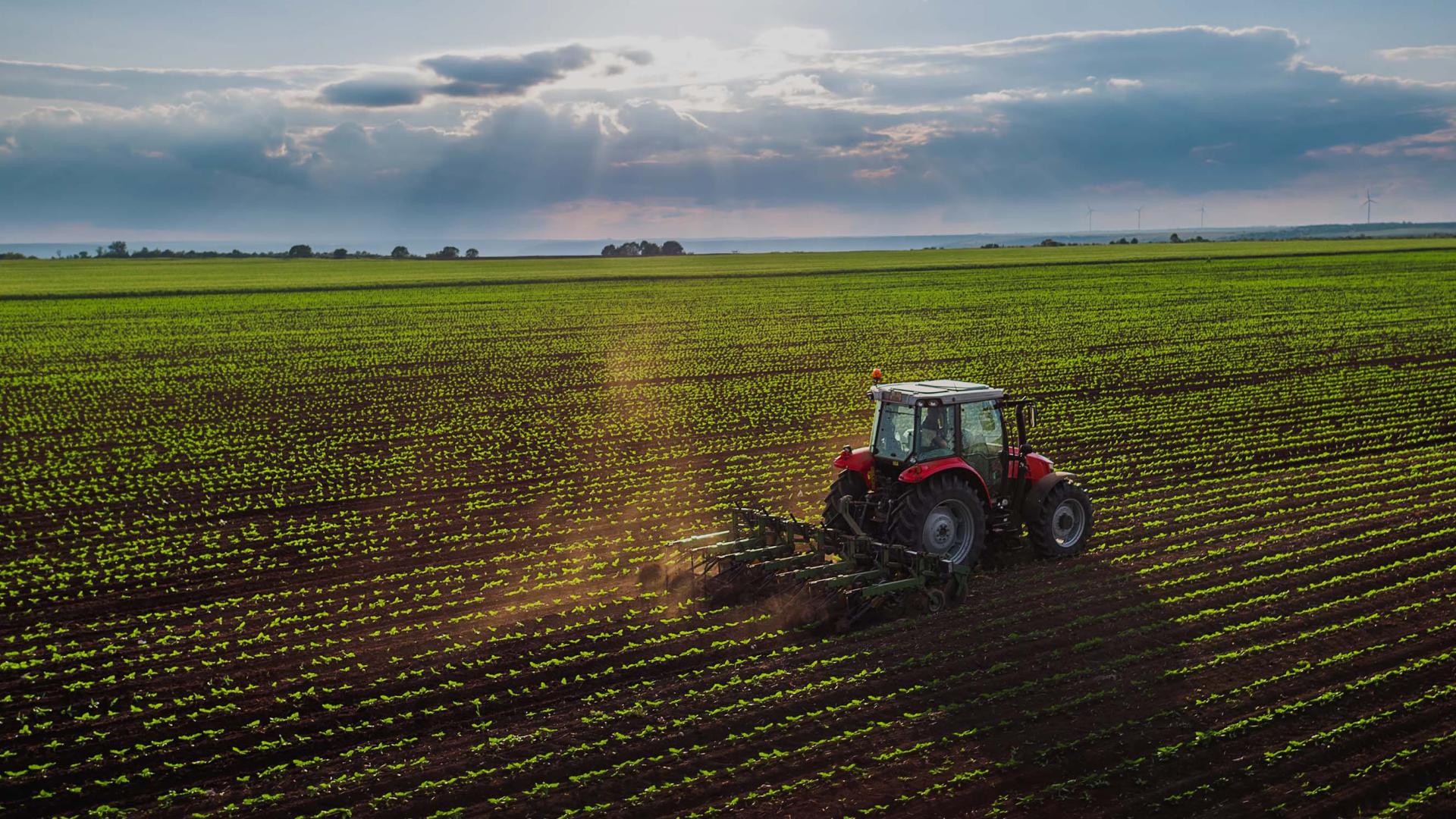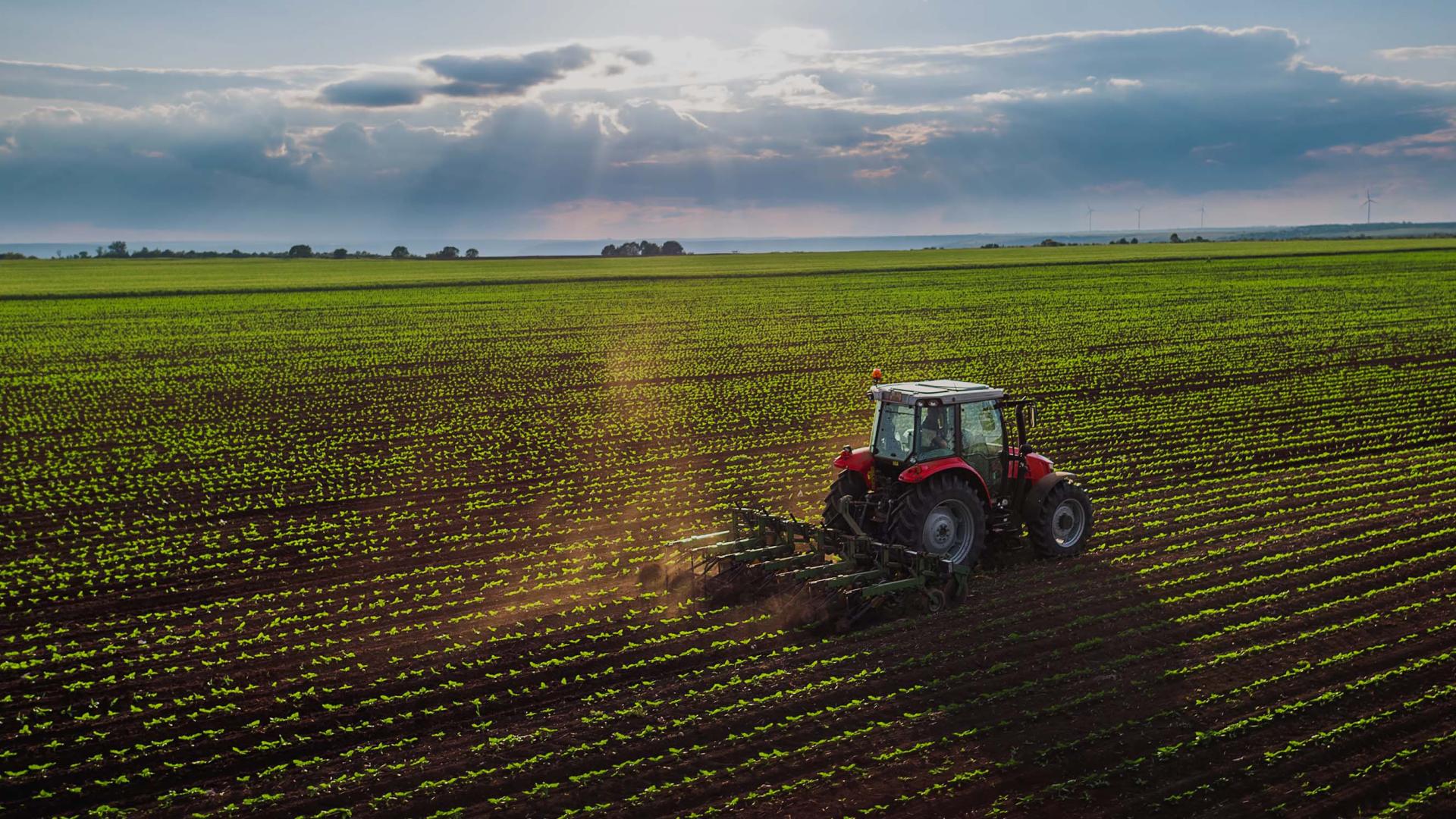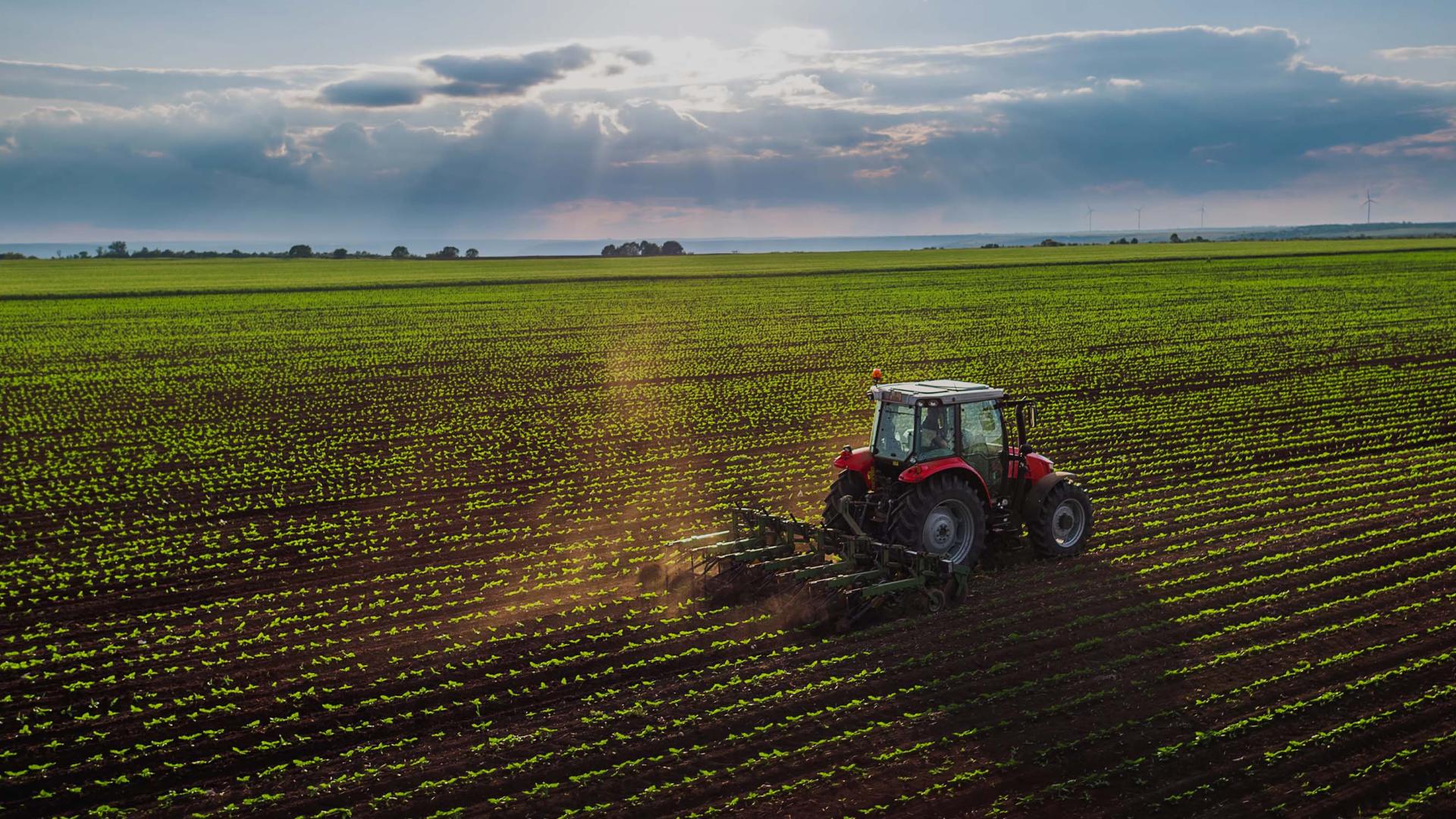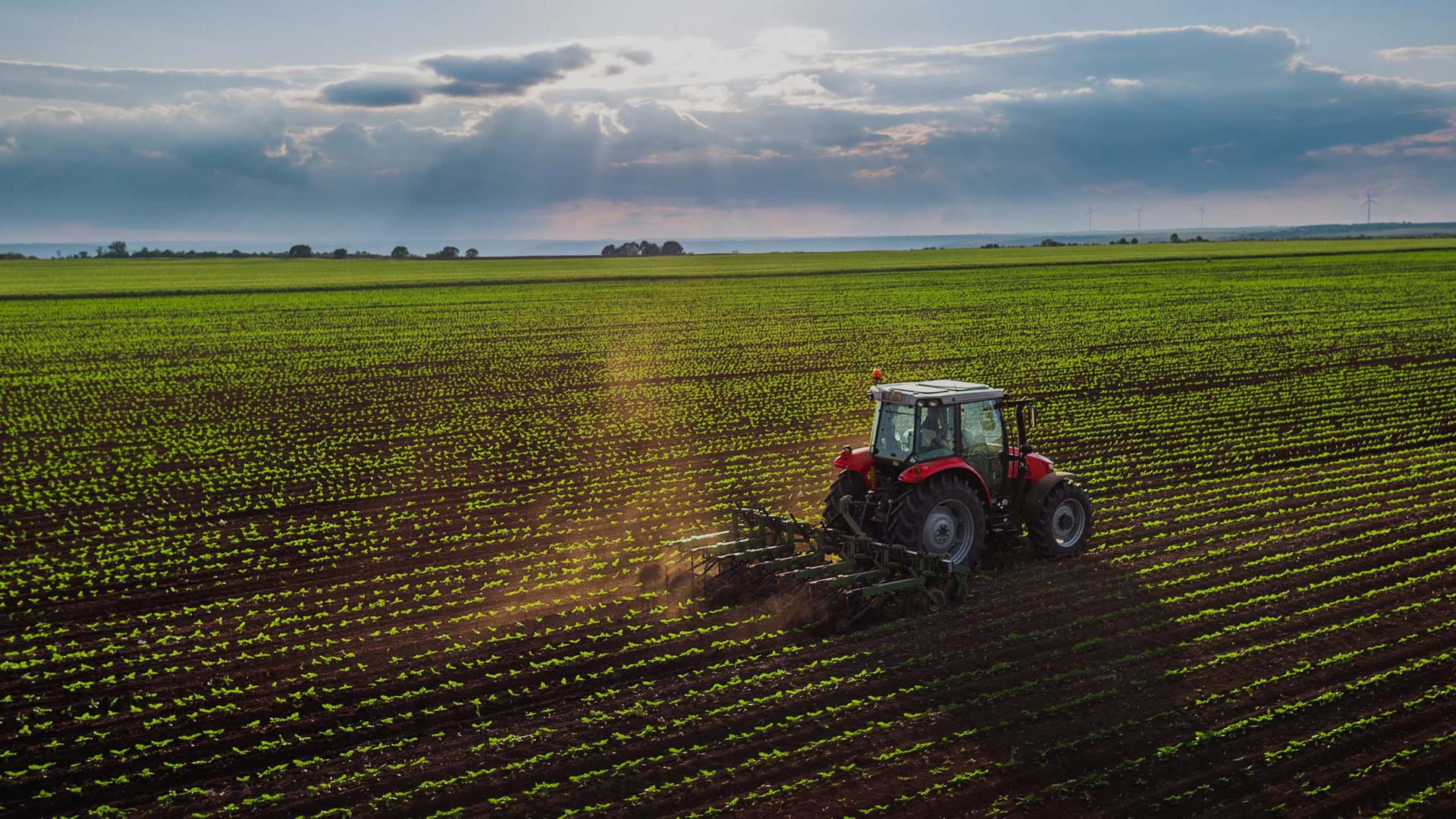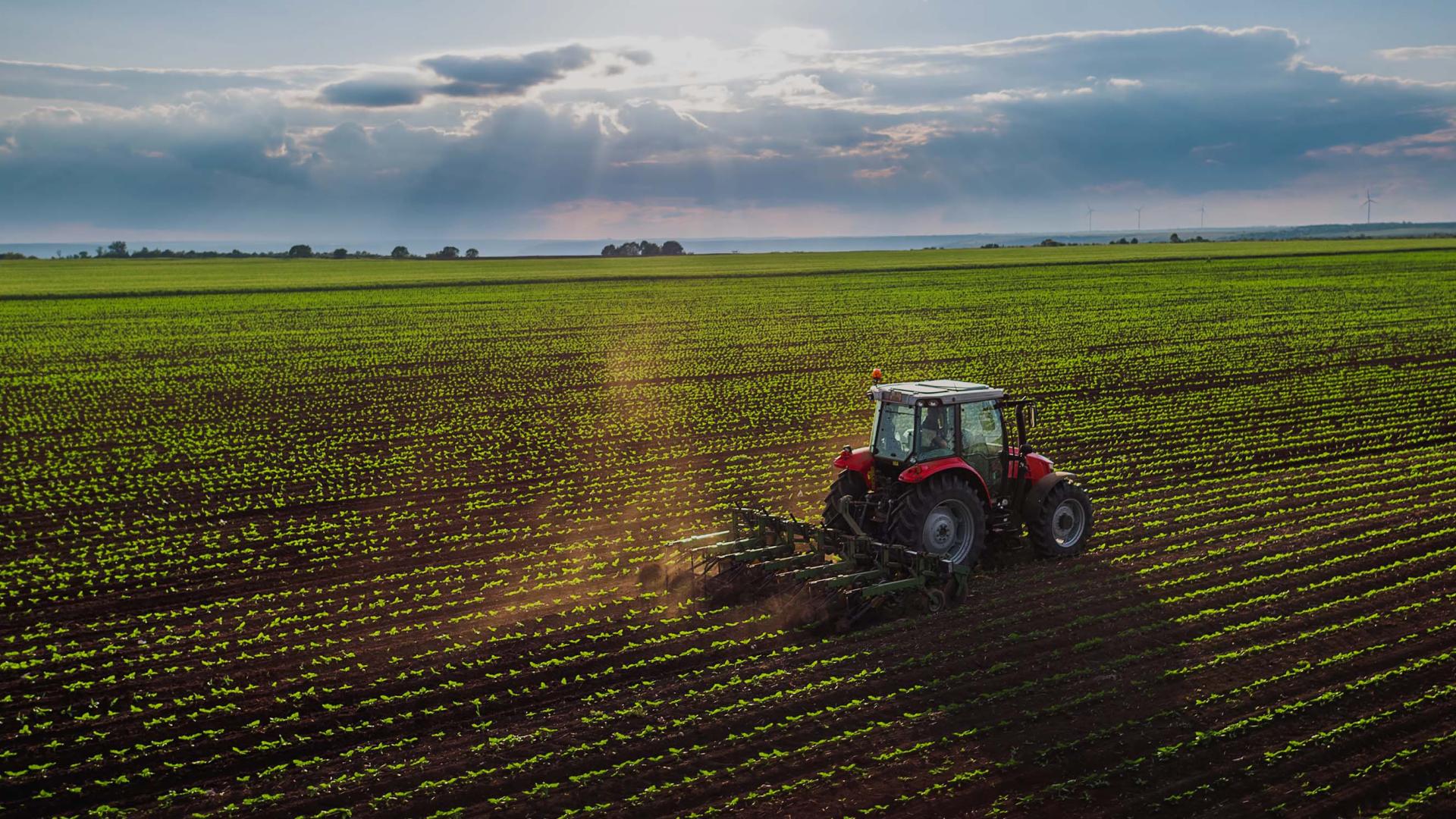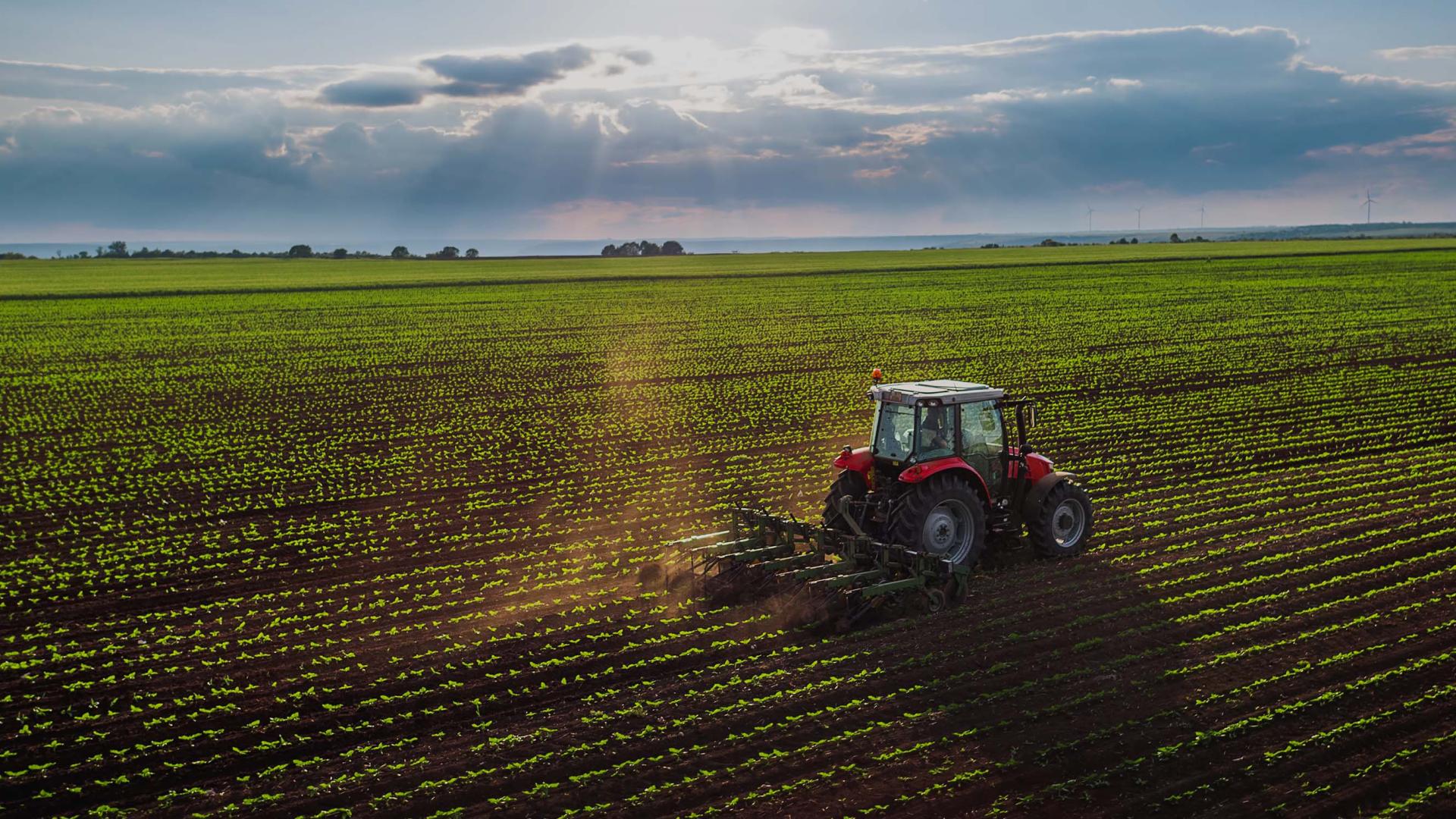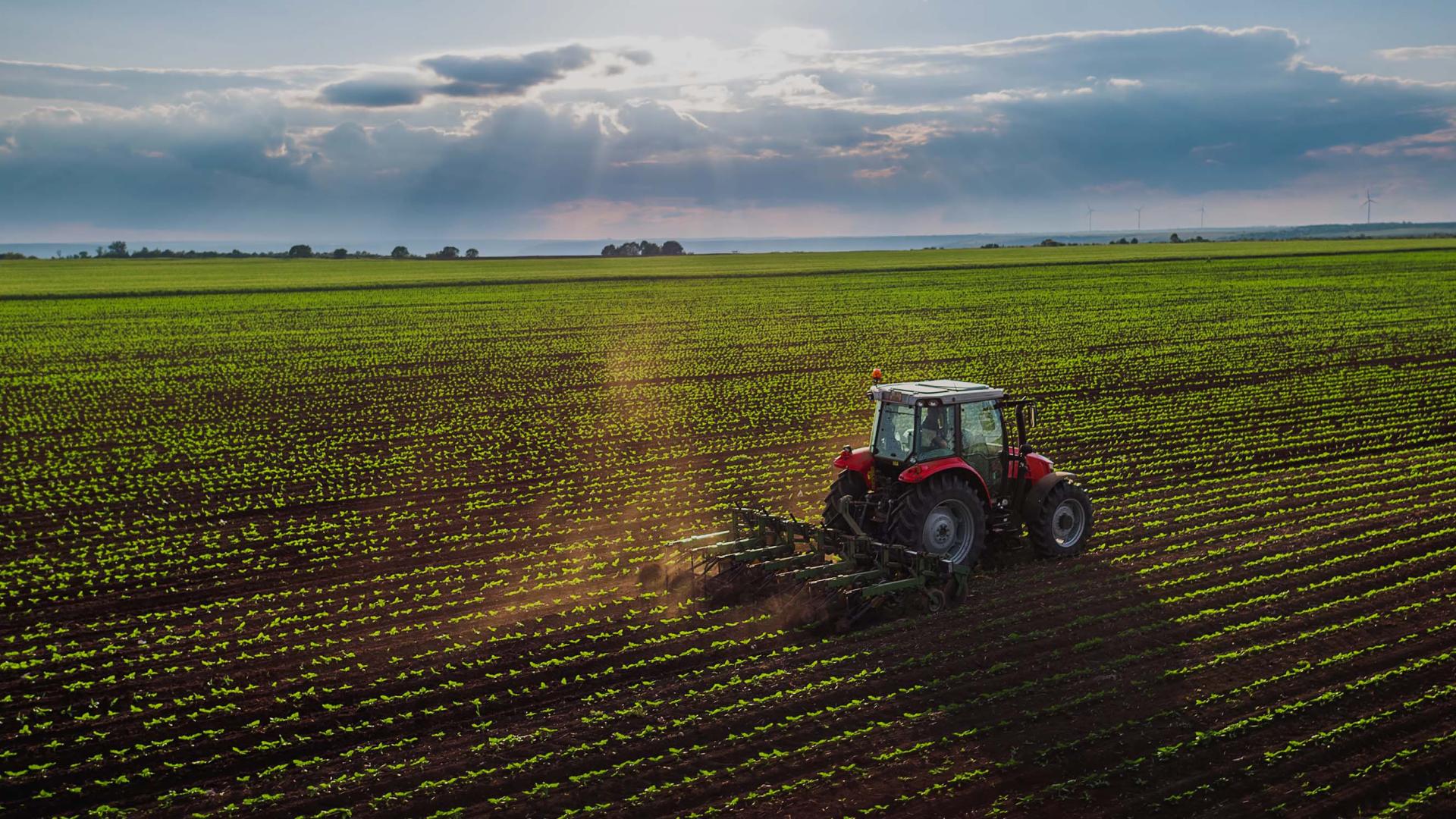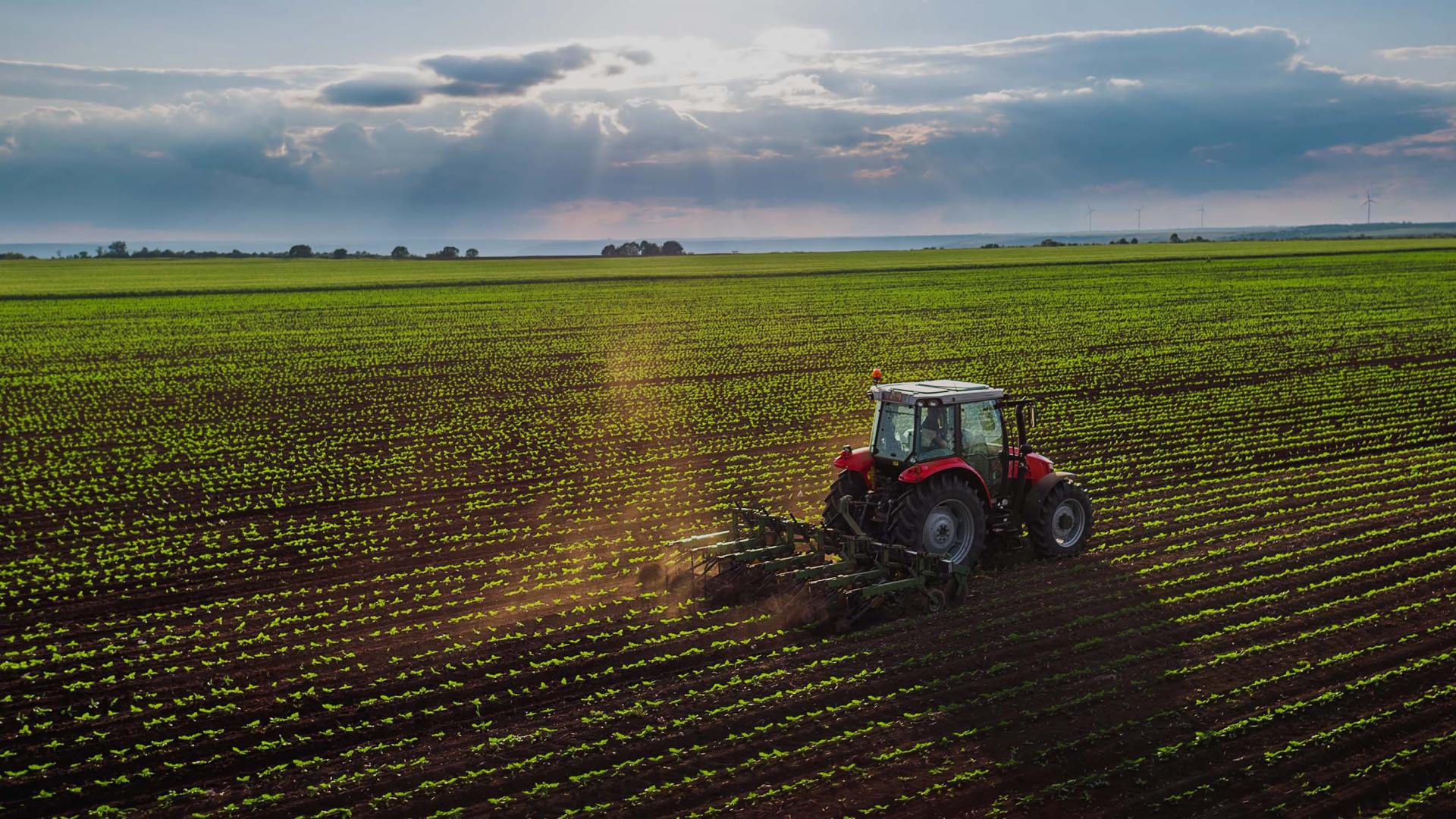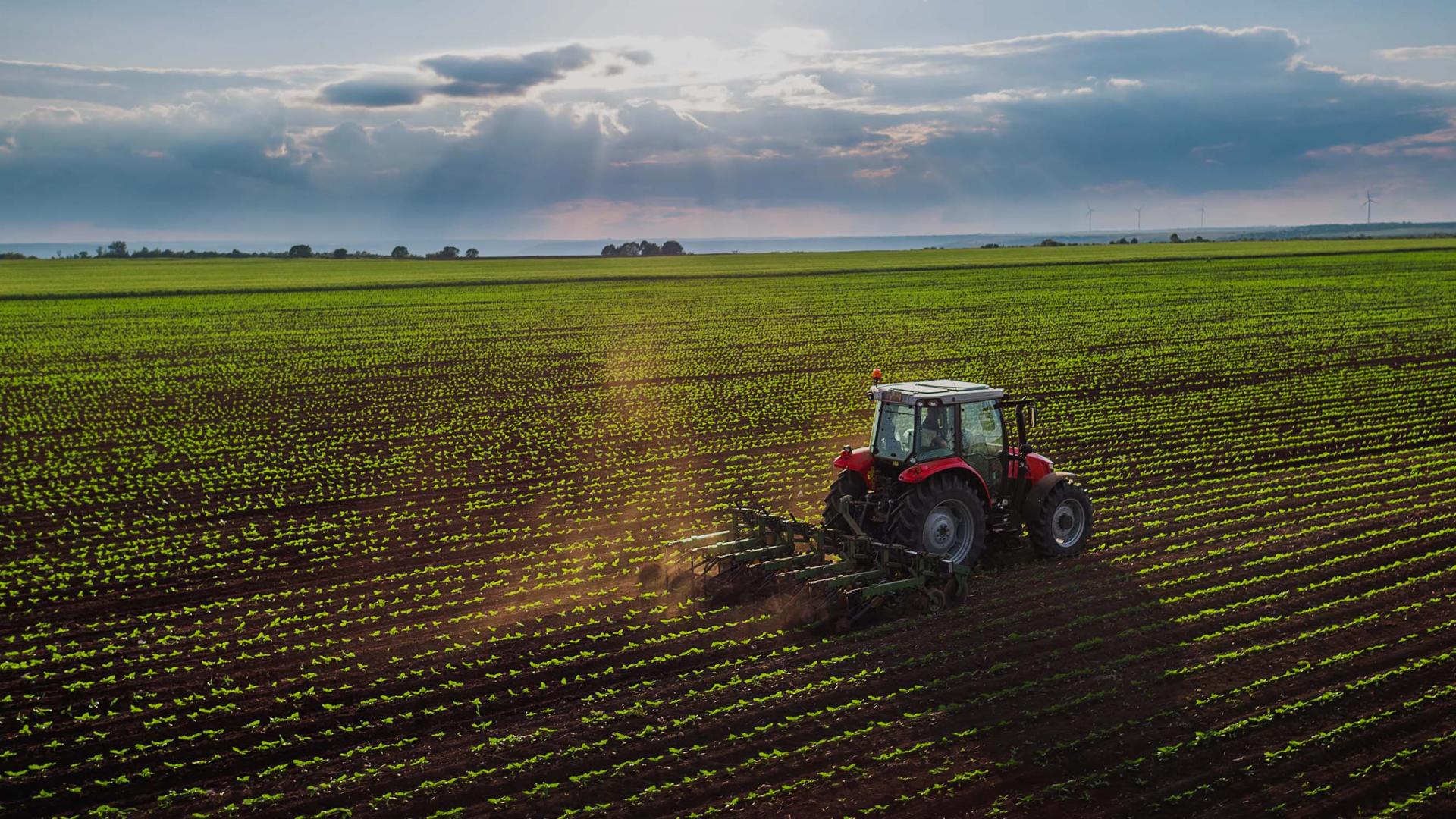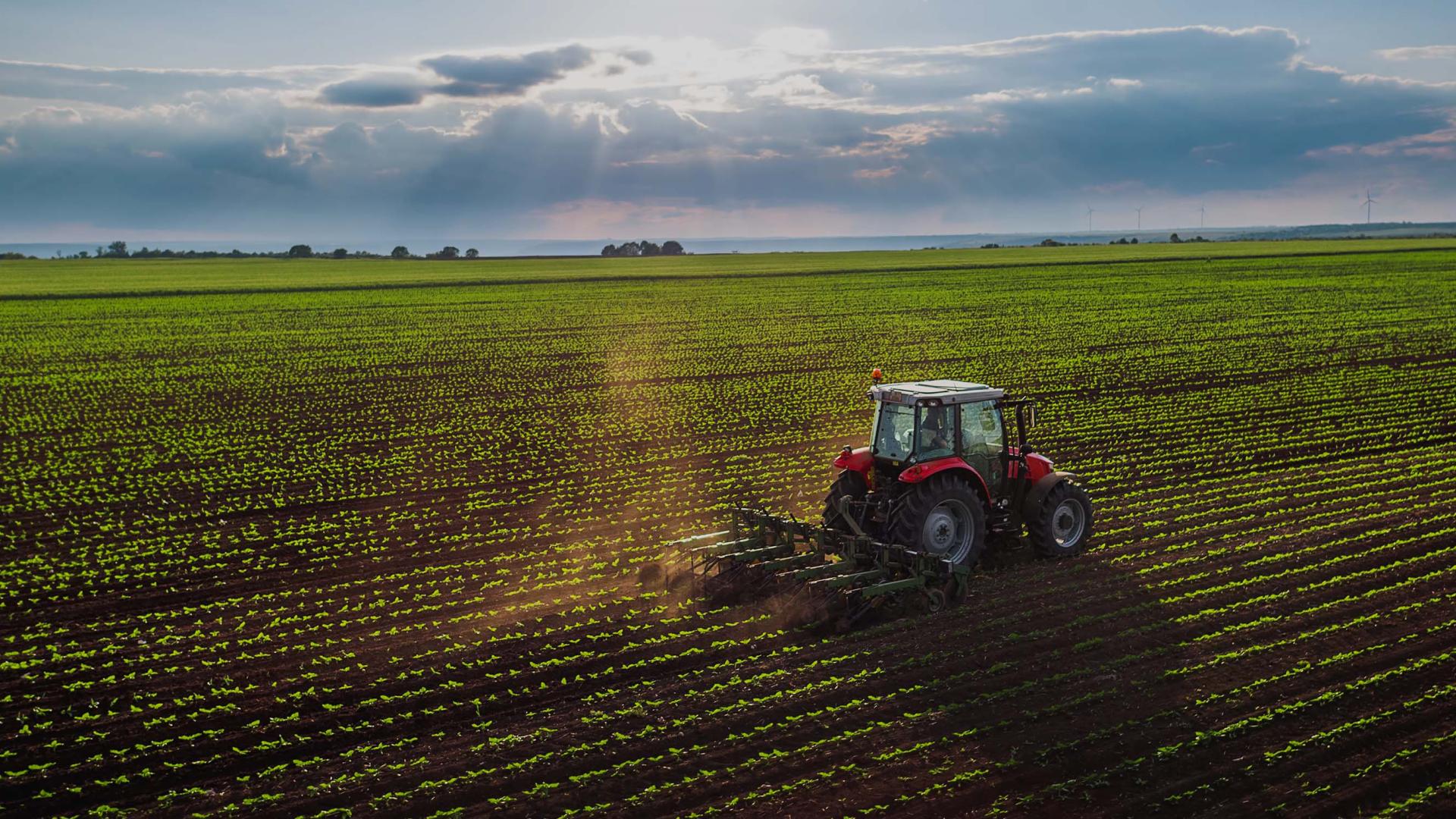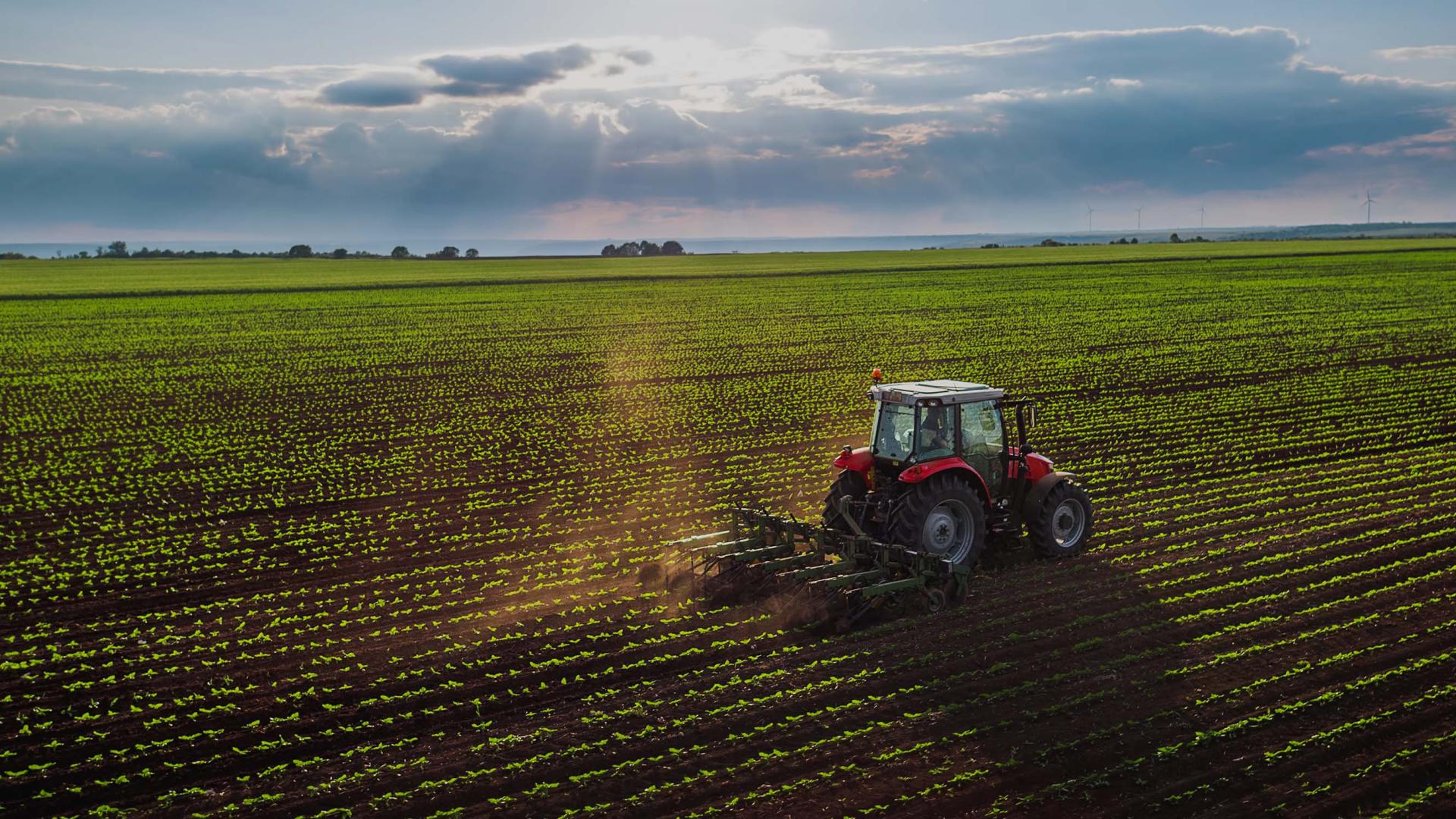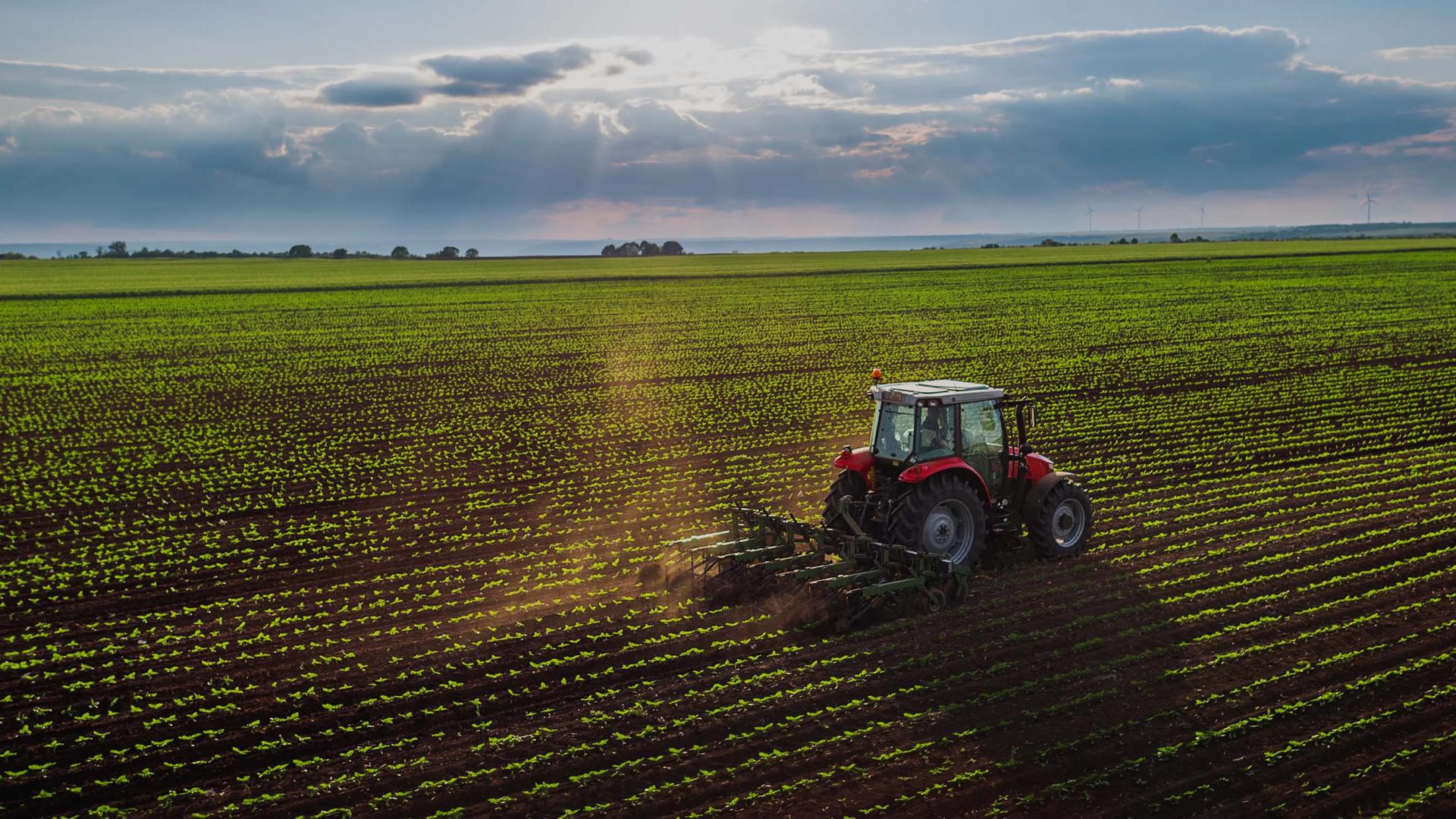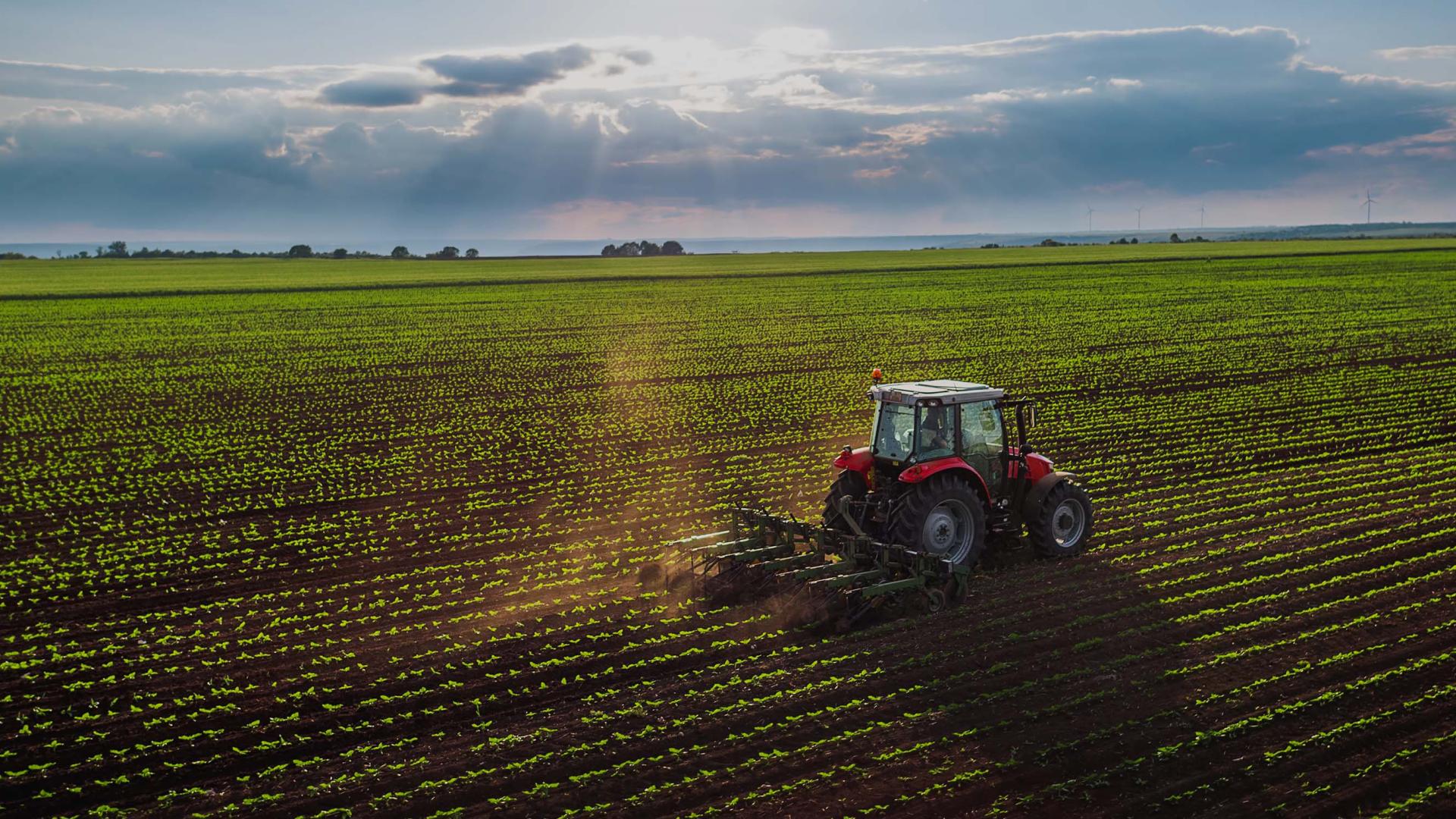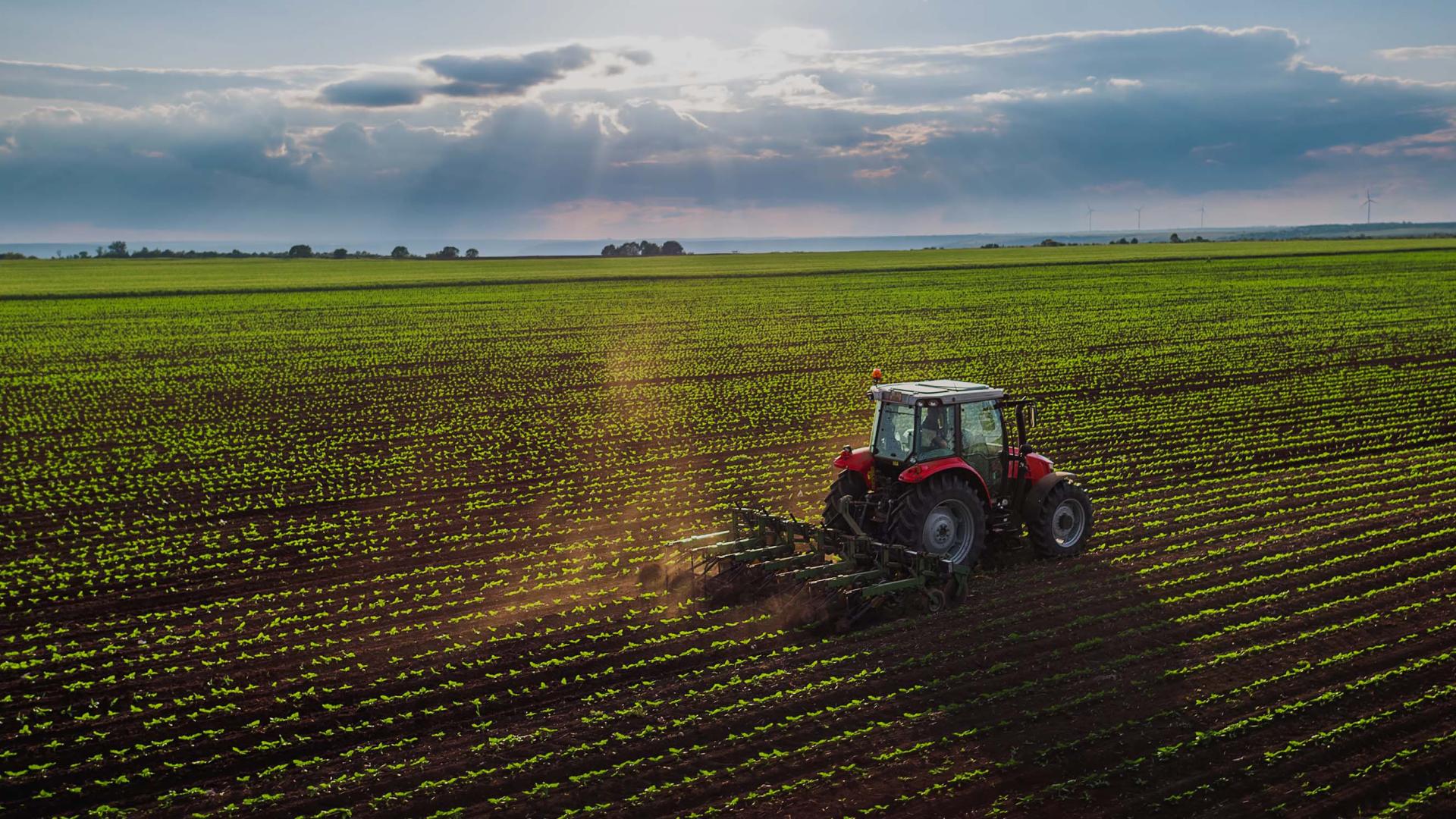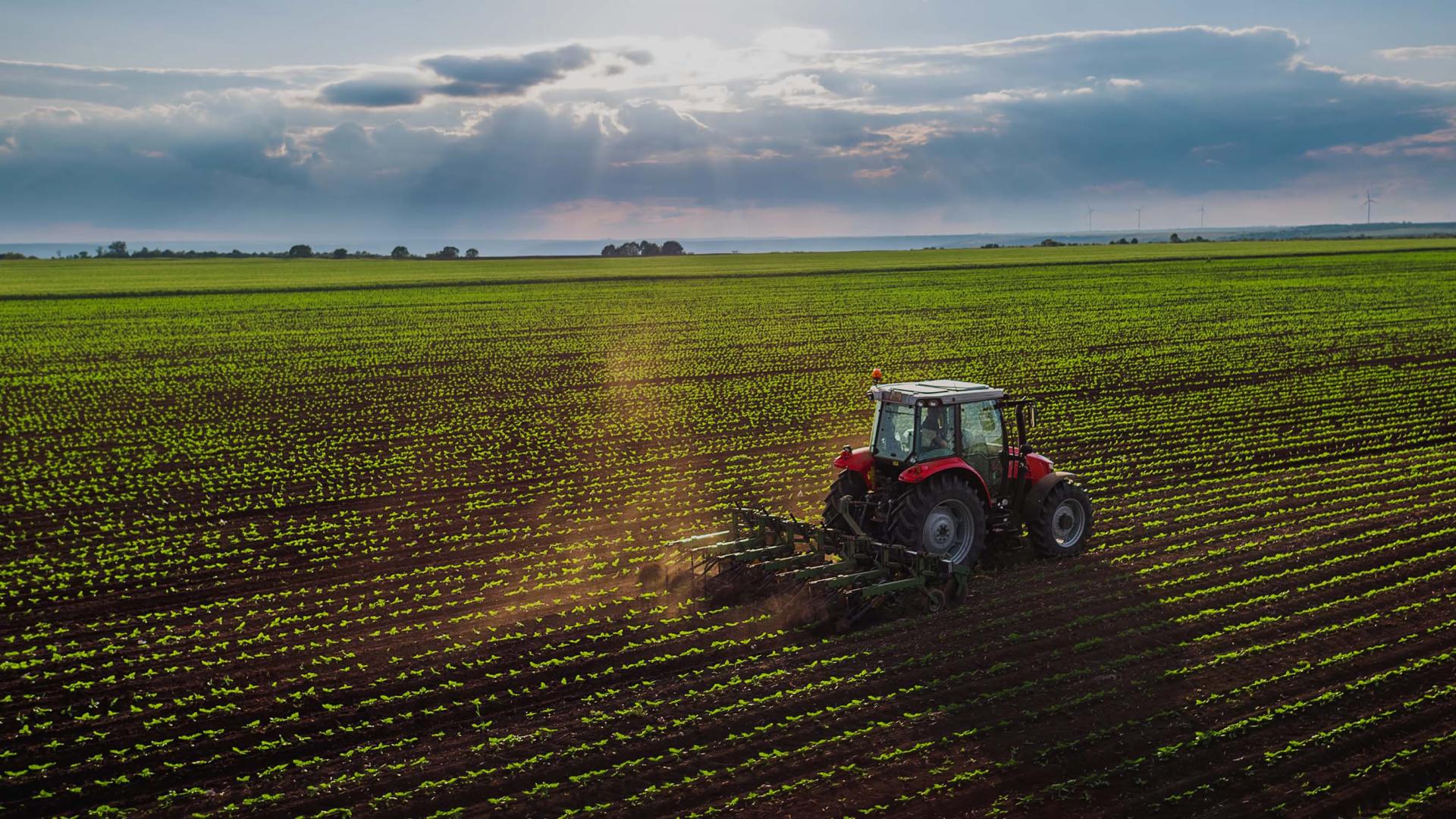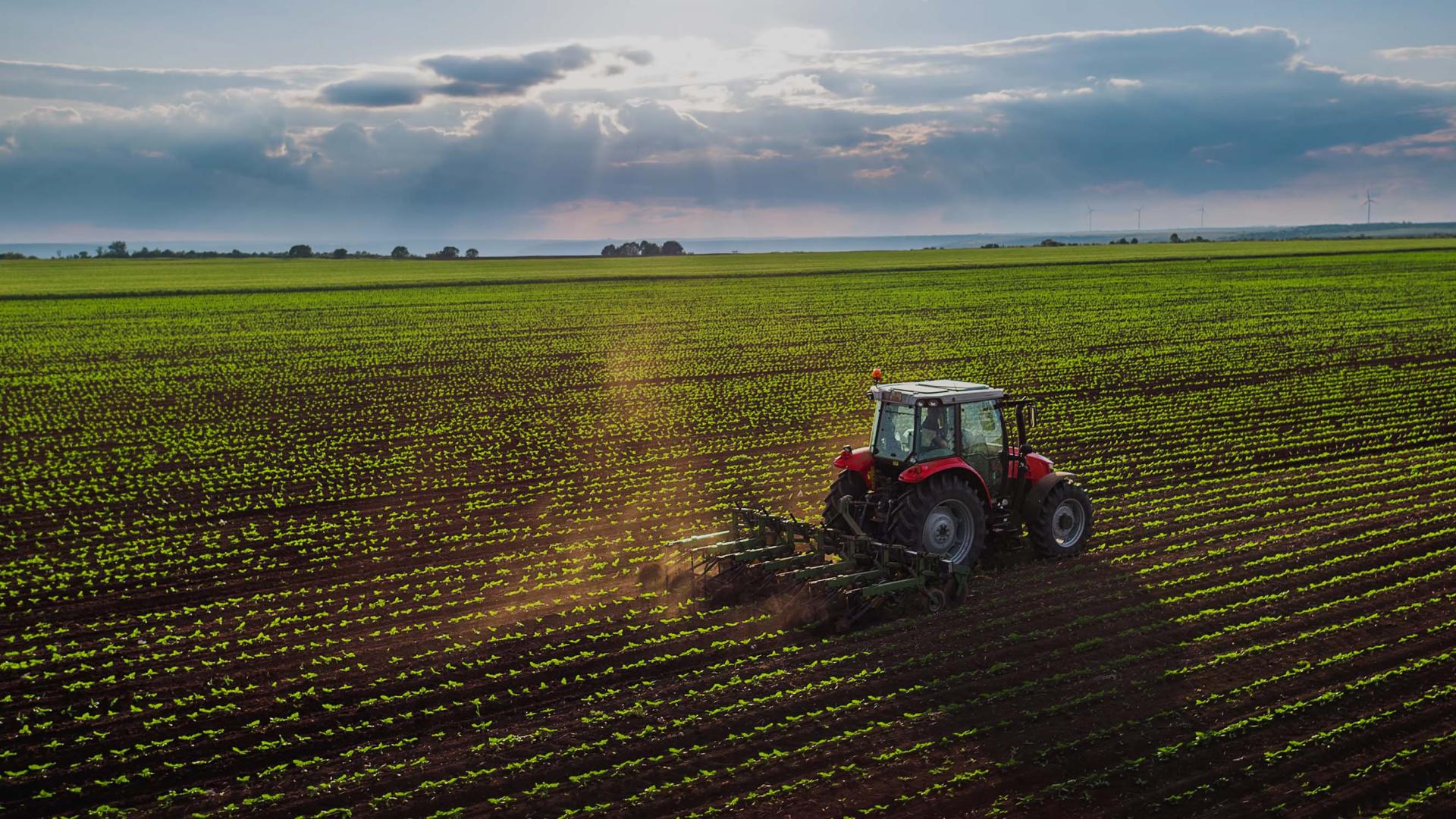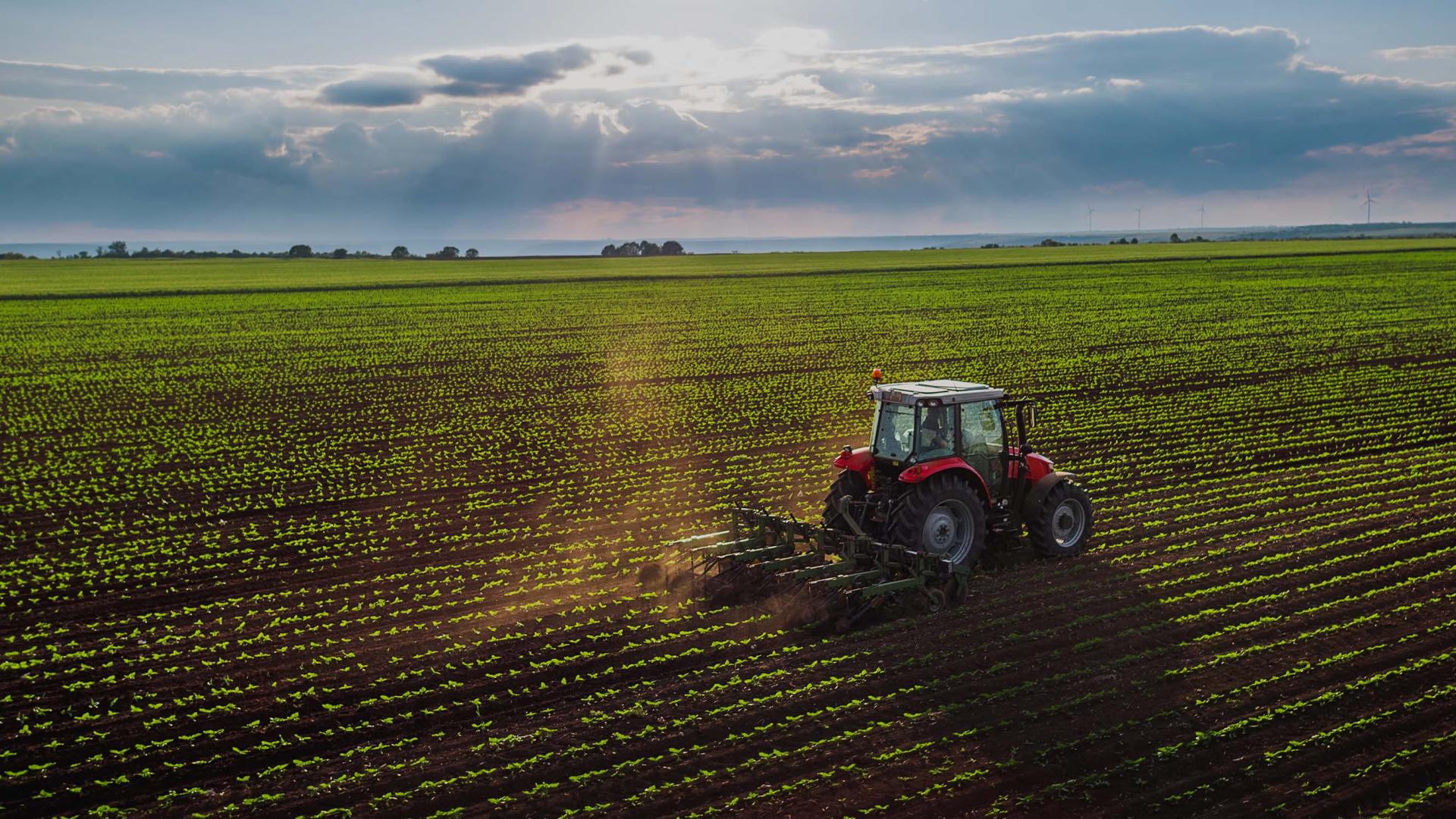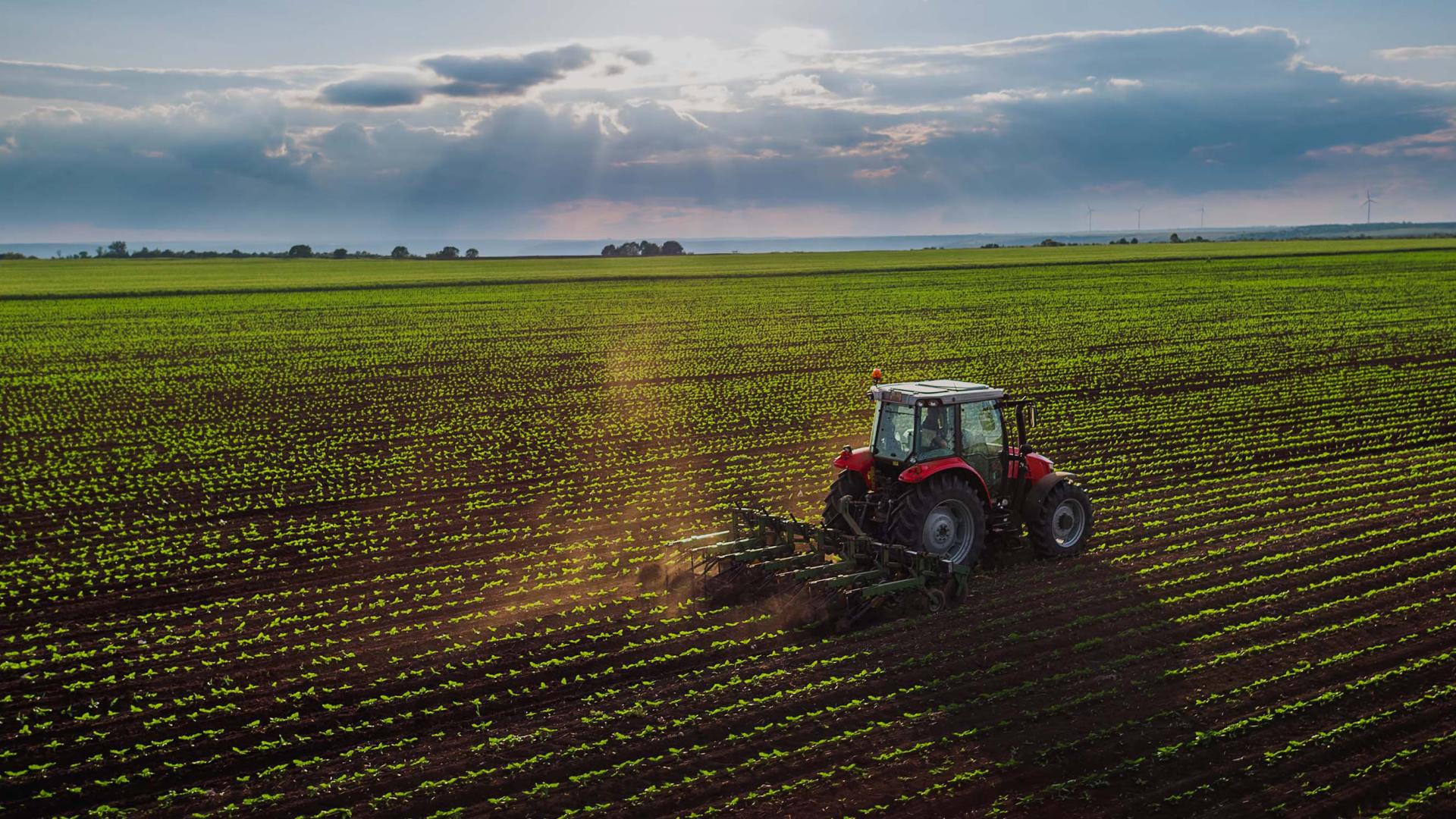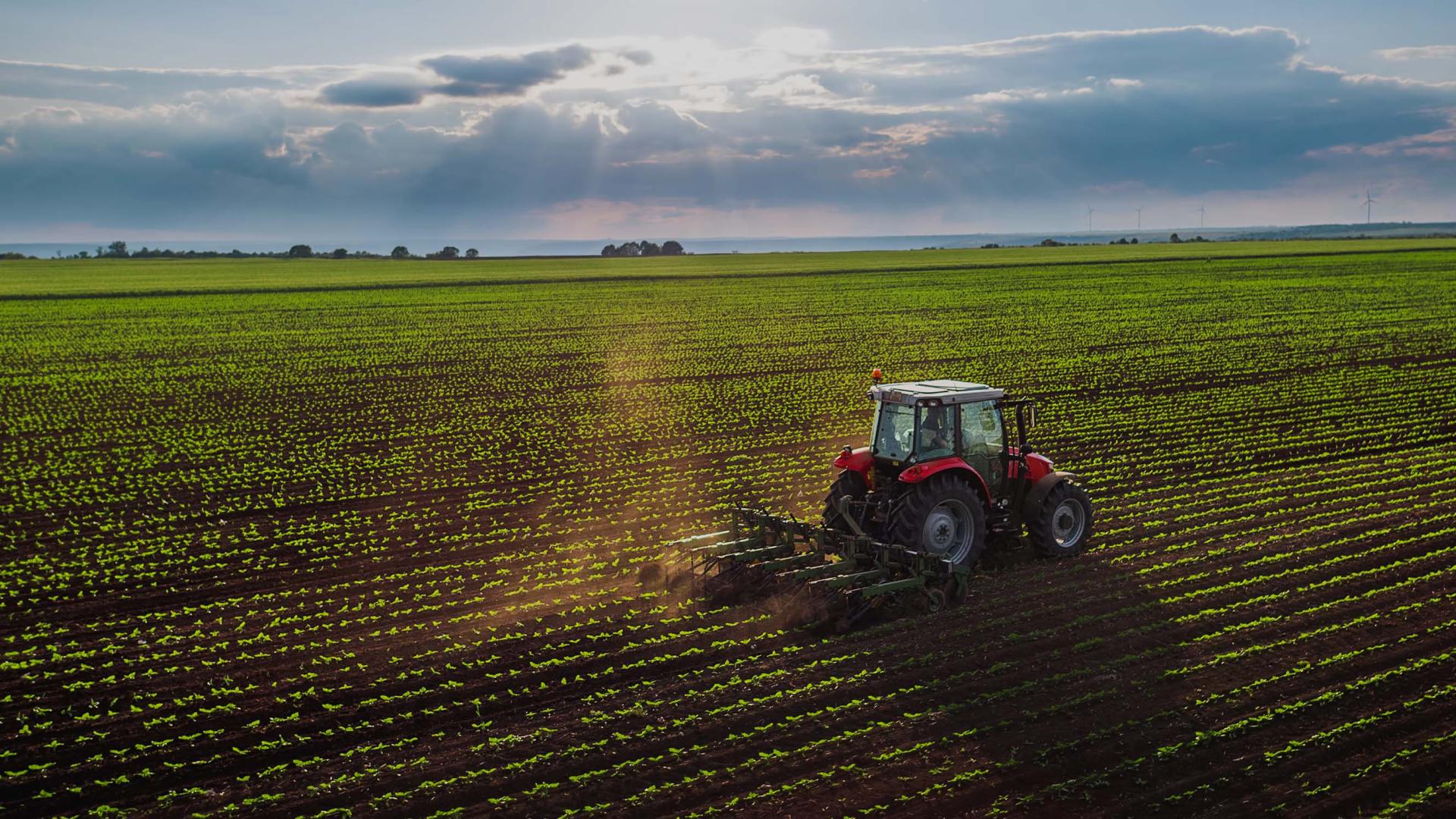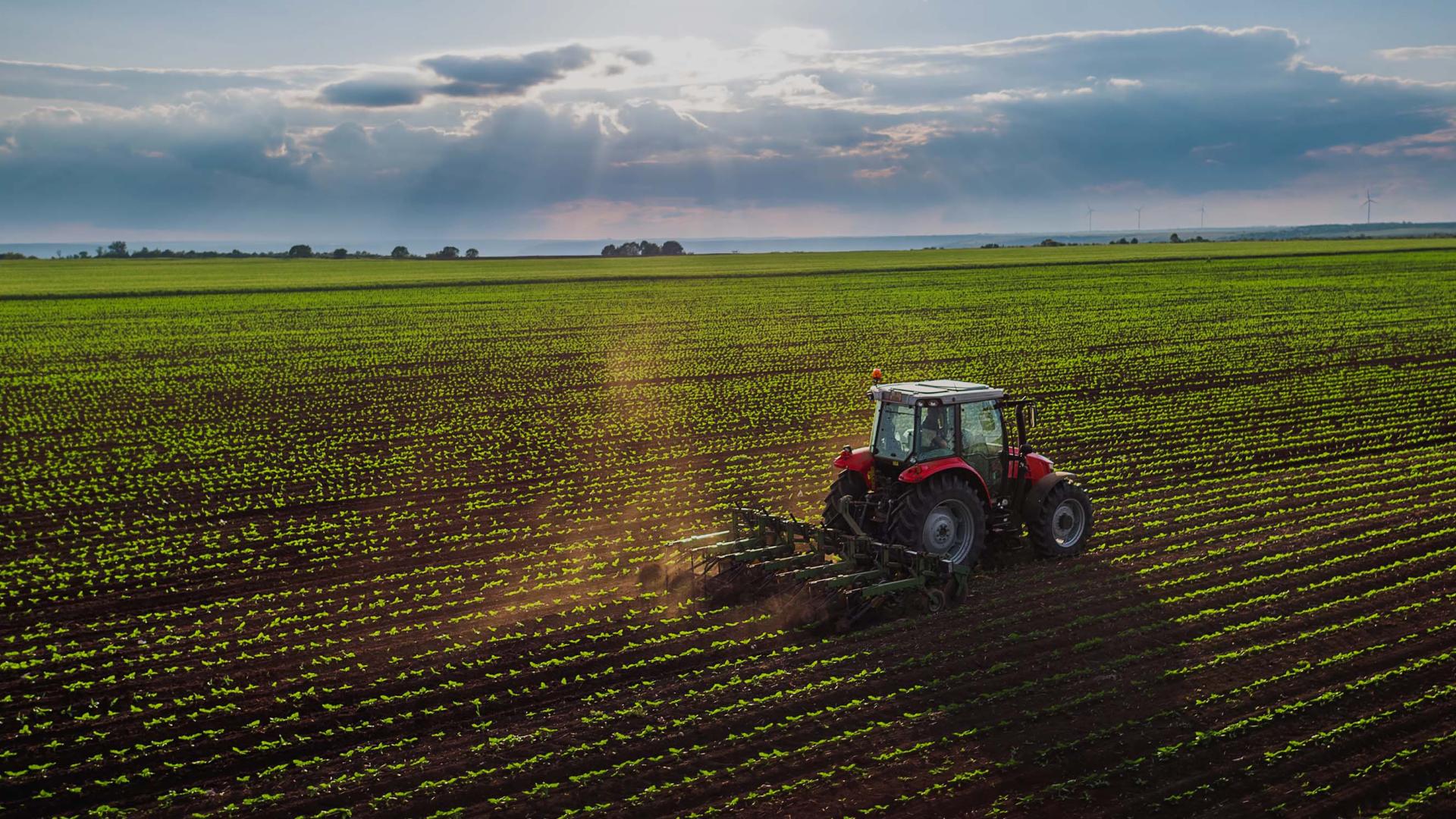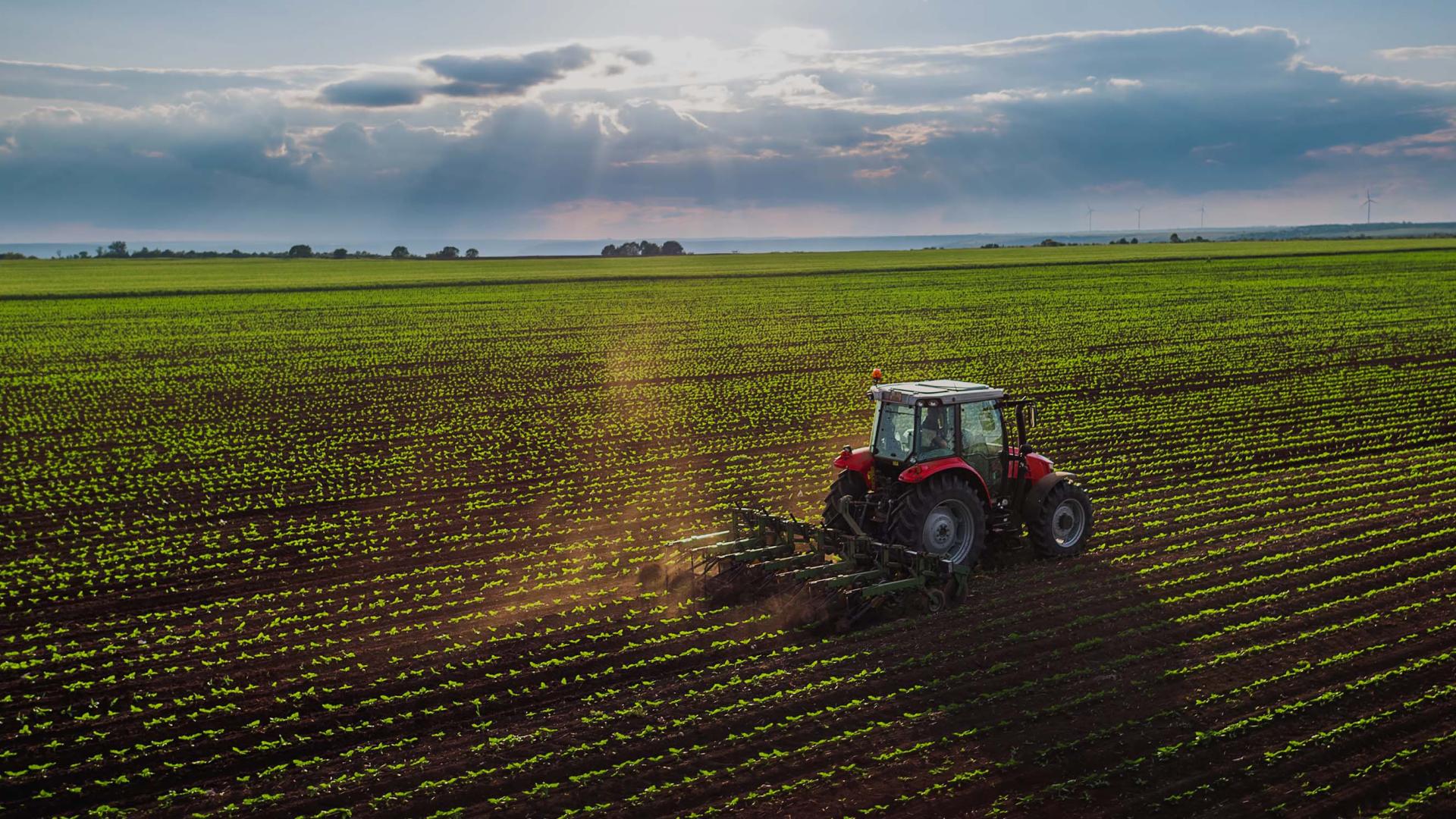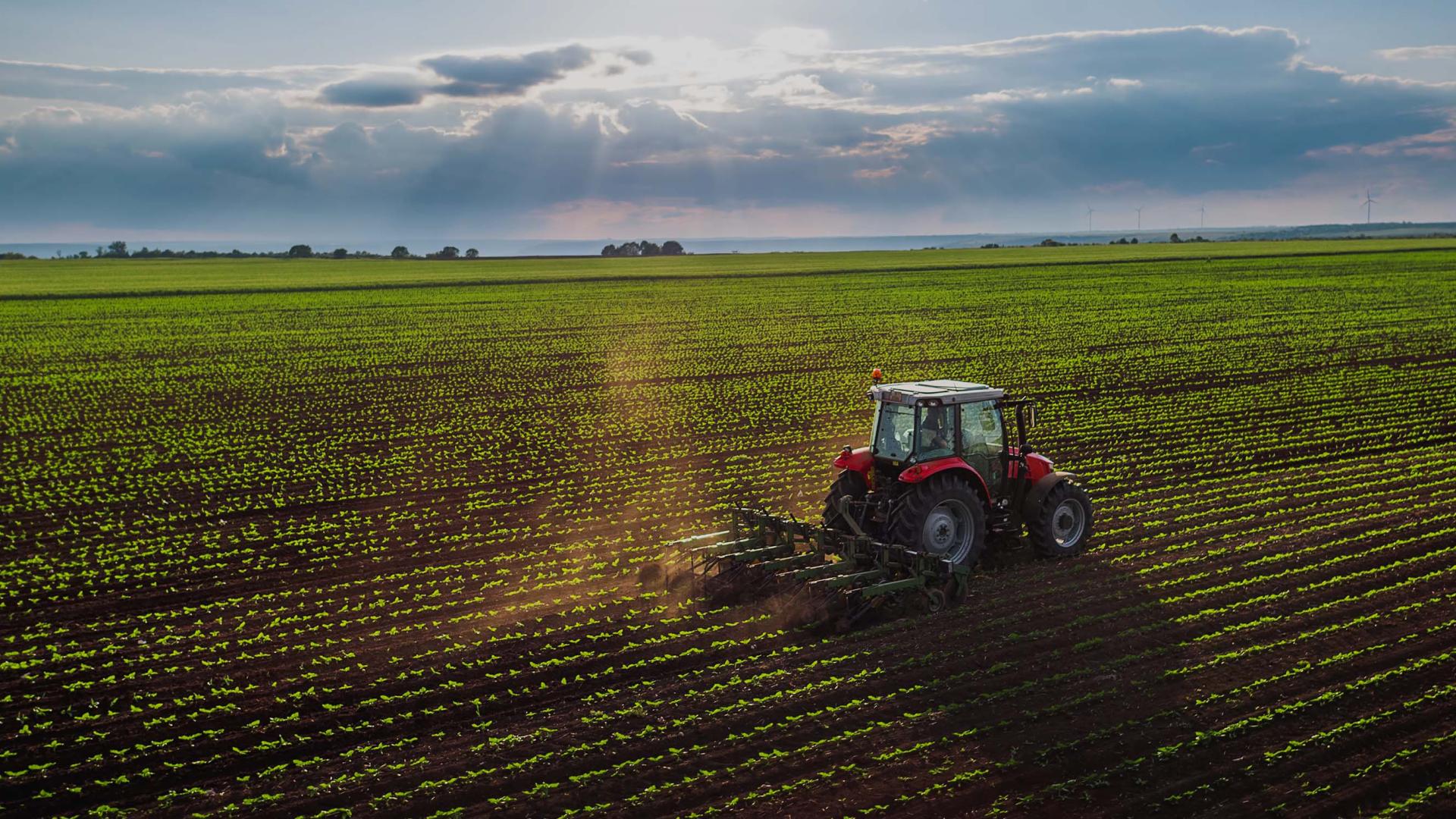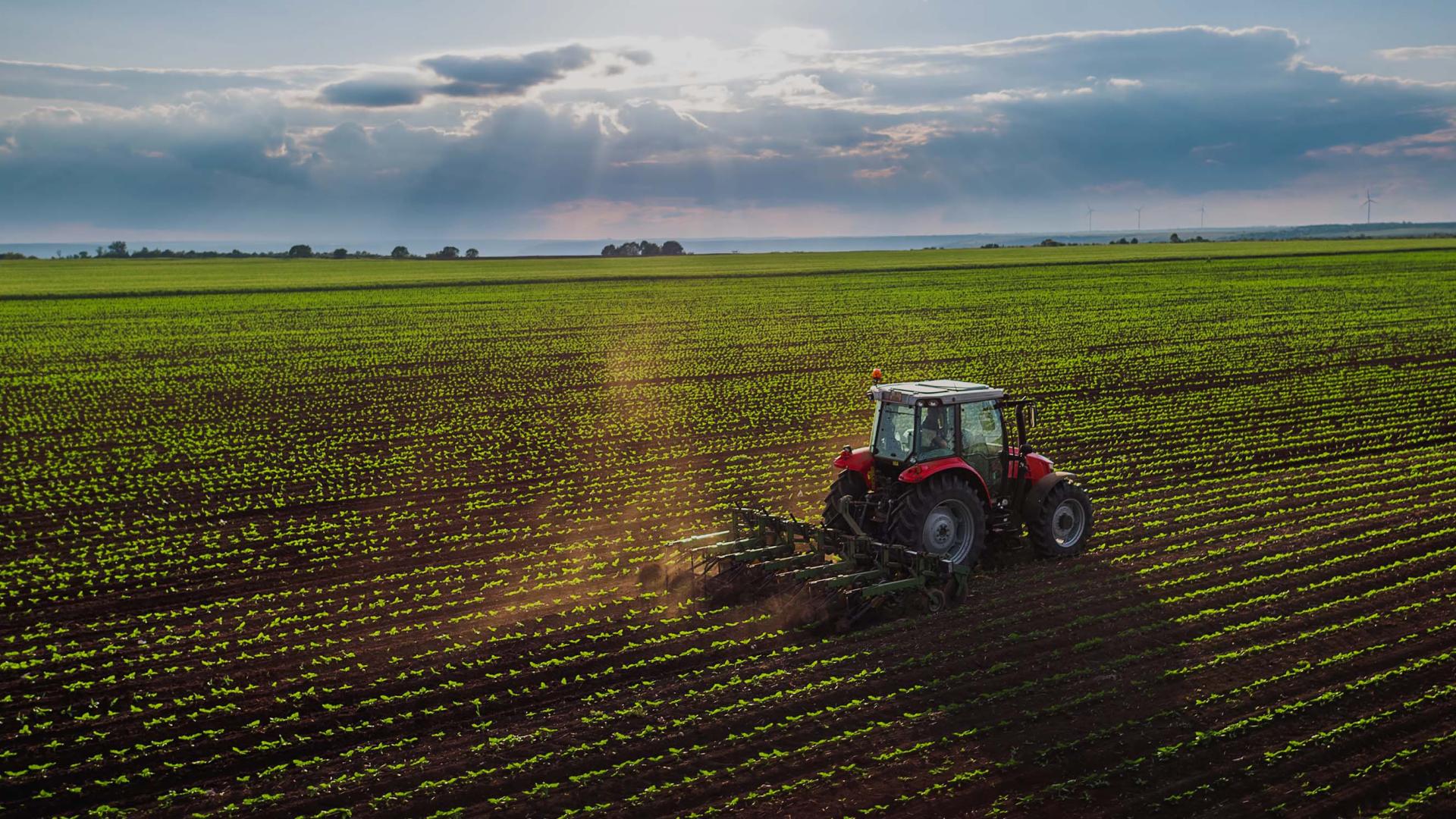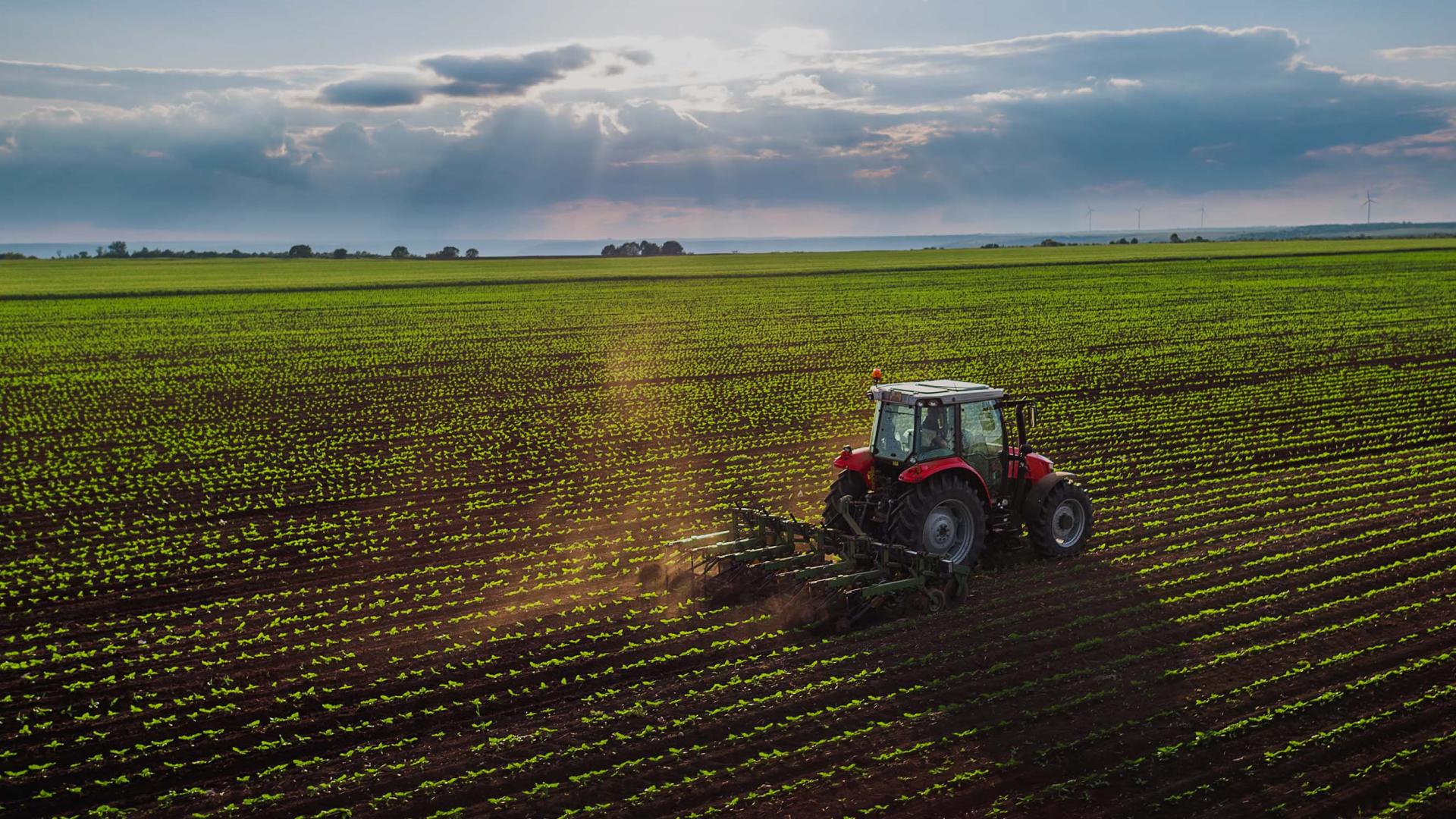Farm shops represent a unique blend of agricultural production and retail commerce, creating distinctive insurance needs that standard bus…
Farm Professional Indemnity Insurance: Protecting Agricultural Professionals from Liability Claims
Professional Indemnity Insurance for farms represents a critical yet often overlooked component of comprehensive agricultural risk management. As modern farming operations become increasingly complex and regulated, farm owners and agricultural professionals face growing exposure to professional liability claims that could devastate their business financially.
Understanding Professional Indemnity Insurance in Agriculture
Professional Indemnity Insurance, commonly known as PI insurance, provides protection against claims arising from alleged professional negligence, errors, or omissions in the provision of professional services. For farms, this coverage extends beyond traditional farming activities to encompass the diverse range of professional services many agricultural businesses now provide.
Modern farms often operate as multifaceted enterprises, offering services such as agricultural consulting, crop advisory services, livestock breeding advice, farm management consultancy, equipment operation training, and environmental stewardship guidance. Each of these activities carries inherent professional liability risks that standard farm insurance policies typically exclude.
Why Farms Need Professional Indemnity Insurance
The agricultural sector faces unique professional liability exposures that have intensified with technological advancement and regulatory complexity. Climate change has introduced unprecedented weather patterns, making crop and livestock advice more challenging and potentially contentious. Precision agriculture technologies require specialized knowledge, creating liability exposure when recommendations prove unsuccessful.
Environmental regulations continue to evolve, with farms increasingly required to demonstrate compliance with complex sustainability standards. Professional advice regarding environmental management, carbon sequestration, biodiversity enhancement, and pollution prevention carries significant liability potential if guidance proves inadequate or incorrect.
Food safety regulations have become increasingly stringent, with farms required to implement comprehensive hazard analysis and critical control point systems. Professional advice regarding food safety protocols, traceability systems, and quality assurance procedures creates liability exposure if contamination incidents occur despite following recommended practices.
Common Professional Liability Claims in Agriculture
Crop production advice represents a significant source of professional liability claims. Recommendations regarding seed varieties, planting schedules, fertilizer applications, pest management strategies, and harvest timing can result in substantial financial losses if advice proves inappropriate for specific conditions or circumstances.
Livestock management advice creates similar liability exposures. Breeding recommendations, nutrition programs, health management protocols, and housing system designs can result in animal welfare issues, productivity losses, or regulatory violations if professional guidance proves inadequate.
Agricultural technology implementation advice has become increasingly problematic as farms adopt precision agriculture systems. Recommendations regarding GPS guidance systems, variable rate application technologies, drone applications, and data management platforms can result in significant financial losses if systems fail to deliver promised benefits.
Environmental compliance advice represents a growing liability exposure as regulations become more complex and enforcement more rigorous. Professional guidance regarding nutrient management plans, conservation practices, habitat restoration, and carbon credit programs can result in regulatory violations and associated penalties if advice proves incorrect.
Coverage Provided by Farm Professional Indemnity Insurance
Professional Indemnity Insurance for farms typically provides comprehensive protection against various liability exposures arising from professional services. Legal defense costs represent the most immediate benefit, with insurers providing experienced legal representation specializing in agricultural professional liability matters.
Compensation payments cover financial losses suffered by third parties as a result of alleged professional negligence. This includes direct financial losses, consequential losses, and in some cases, pure economic losses resulting from professional advice or services.
Regulatory defense costs provide protection when professional services result in regulatory investigations or enforcement actions. This coverage proves particularly valuable given the complex regulatory environment surrounding modern agriculture.
Loss of documents coverage protects against liability arising from the loss, damage, or destruction of client documents or data. This coverage has become increasingly important as farms maintain extensive digital records and provide data management services.
Factors Affecting Farm Professional Indemnity Insurance Costs
The scope of professional services provided significantly impacts insurance premiums. Farms offering diverse professional services face higher premiums than those providing limited advisory services. The complexity and technical nature of services also influences pricing, with specialized services such as precision agriculture consulting commanding higher premiums.
Annual turnover from professional services directly affects premium calculations. Insurers typically charge premiums as a percentage of professional service revenue, with higher turnover farms paying proportionally higher premiums.
Claims history represents a critical pricing factor. Farms with previous professional liability claims face significantly higher premiums, while those with clean claims records benefit from favorable pricing. The severity and frequency of previous claims both influence premium calculations.
Geographic location affects pricing due to varying regulatory environments and litigation climates. Farms operating in regions with complex environmental regulations or active litigation environments typically face higher premiums.
Selecting Appropriate Coverage Limits
Coverage limits should reflect the potential financial impact of professional liability claims. Farms providing high-value advisory services require higher coverage limits than those offering basic consulting services. The financial capacity of typical clients also influences appropriate coverage levels.
Many farms benefit from aggregate limits that provide total coverage across all claims during the policy period, combined with per-claim limits that cap individual claim payments. This structure provides protection against multiple smaller claims while maintaining capacity for significant individual claims.
Legal costs can consume substantial portions of coverage limits, making it essential to select limits that provide adequate capacity for both legal defense and potential compensation payments. Some policies provide legal costs in addition to coverage limits, while others include legal costs within the overall limit.
Risk Management Strategies for Farm Professional Services
Comprehensive documentation represents the most effective risk management strategy for farm professional services. Detailed records of advice provided, recommendations made, and client communications create essential evidence for defending against professional liability claims.
Written service agreements clearly defining the scope of services, limitations of advice, and client responsibilities help establish appropriate expectations and limit liability exposure. These agreements should specify that advice is based on information provided by clients and may not be suitable for all circumstances.
Continuing professional development ensures that advice remains current with evolving best practices, technologies, and regulations. Regular training and certification demonstrate commitment to professional competence and can help defend against negligence allegations.
Client communication protocols should ensure that advice is clearly communicated, properly understood, and appropriately implemented. Regular follow-up communications help identify potential problems before they develop into liability claims.
Integration with Other Farm Insurance Policies
Professional Indemnity Insurance should complement rather than duplicate other farm insurance coverages. Public liability insurance covers bodily injury and property damage claims but typically excludes pure economic losses covered by professional indemnity insurance.
Product liability insurance covers claims arising from defective products but may not cover advice regarding product selection, application, or use. Professional indemnity insurance fills this coverage gap by protecting against advice-related liability.
Directors and officers insurance may provide some professional liability coverage for farm management decisions but typically excludes operational advice and technical recommendations covered by professional indemnity insurance.
Regulatory Compliance Considerations
Some agricultural professional services require mandatory professional indemnity insurance coverage. Certified crop advisors, agricultural consultants, and farm management specialists may face regulatory requirements for minimum coverage levels.
Professional licensing bodies increasingly require evidence of professional indemnity insurance as a condition of membership or certification. This requirement reflects growing recognition of professional liability risks in agricultural services.
Environmental regulations may require professional indemnity insurance for farms providing environmental consulting services or participating in government conservation programs. This requirement helps ensure financial capacity to address potential environmental damage.
Claims Management and Response
Immediate notification of potential claims is essential for maintaining coverage and optimizing claim outcomes. Insurers require prompt notification of circumstances that could give rise to claims, even if no formal claim has been made.
Comprehensive documentation of the circumstances giving rise to claims helps insurers assess liability exposure and develop appropriate defense strategies. This documentation should include all relevant communications, records, and evidence.
Cooperation with insurers throughout the claims process is typically a policy requirement. This includes providing access to records, participating in depositions, and following insurer guidance regarding settlement negotiations.
Future Considerations for Farm Professional Indemnity Insurance
Climate change will likely increase professional liability exposures as traditional agricultural practices become less reliable and new approaches require professional guidance. Farms providing climate adaptation advice face growing liability potential as weather patterns become more unpredictable.
Technology advancement continues to create new professional liability exposures as farms adopt artificial intelligence, machine learning, and automated systems. Professional advice regarding technology implementation and optimization will require specialized expertise and comprehensive liability protection.
Sustainability requirements will likely expand professional liability exposures as farms face increasing pressure to demonstrate environmental stewardship. Professional advice regarding sustainable practices, carbon sequestration, and biodiversity enhancement carries significant liability potential.
Conclusion
Professional Indemnity Insurance represents essential protection for modern farms providing professional services beyond traditional agricultural production. The complex regulatory environment, technological advancement, and climate change challenges facing agriculture create substantial professional liability exposures that standard farm insurance policies do not address.
Comprehensive professional indemnity coverage, combined with effective risk management strategies, enables farms to provide valuable professional services while protecting against potentially devastating liability claims. As agricultural operations continue to diversify and professionalize, professional indemnity insurance will become increasingly essential for sustainable farm business operations.
The investment in professional indemnity insurance reflects a commitment to professional excellence and client protection that enhances farm reputation and enables continued growth in professional service provision. For farms serious about providing professional services, comprehensive professional indemnity insurance is not optional but essential business protection.


 0330 127 2333
0330 127 2333
